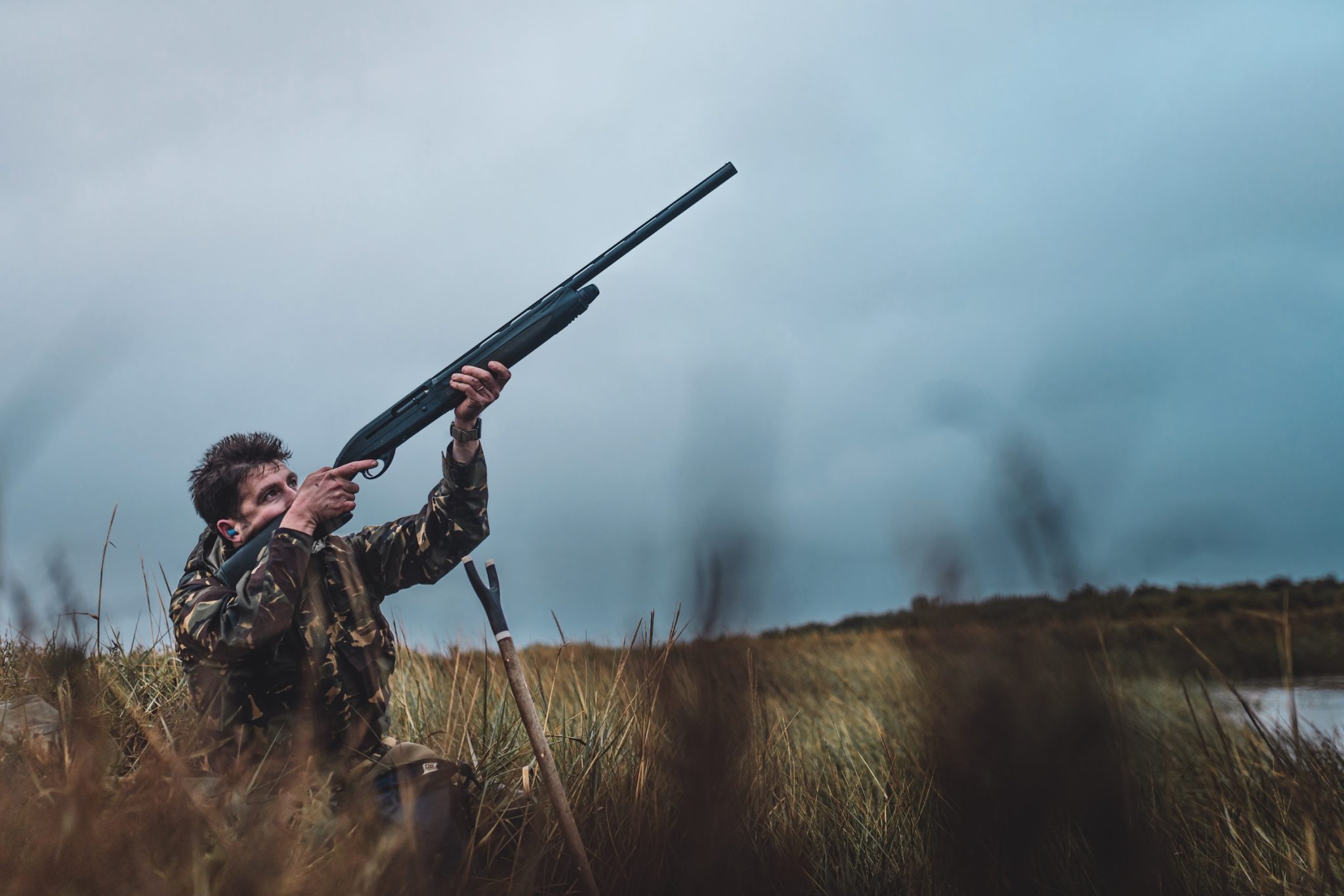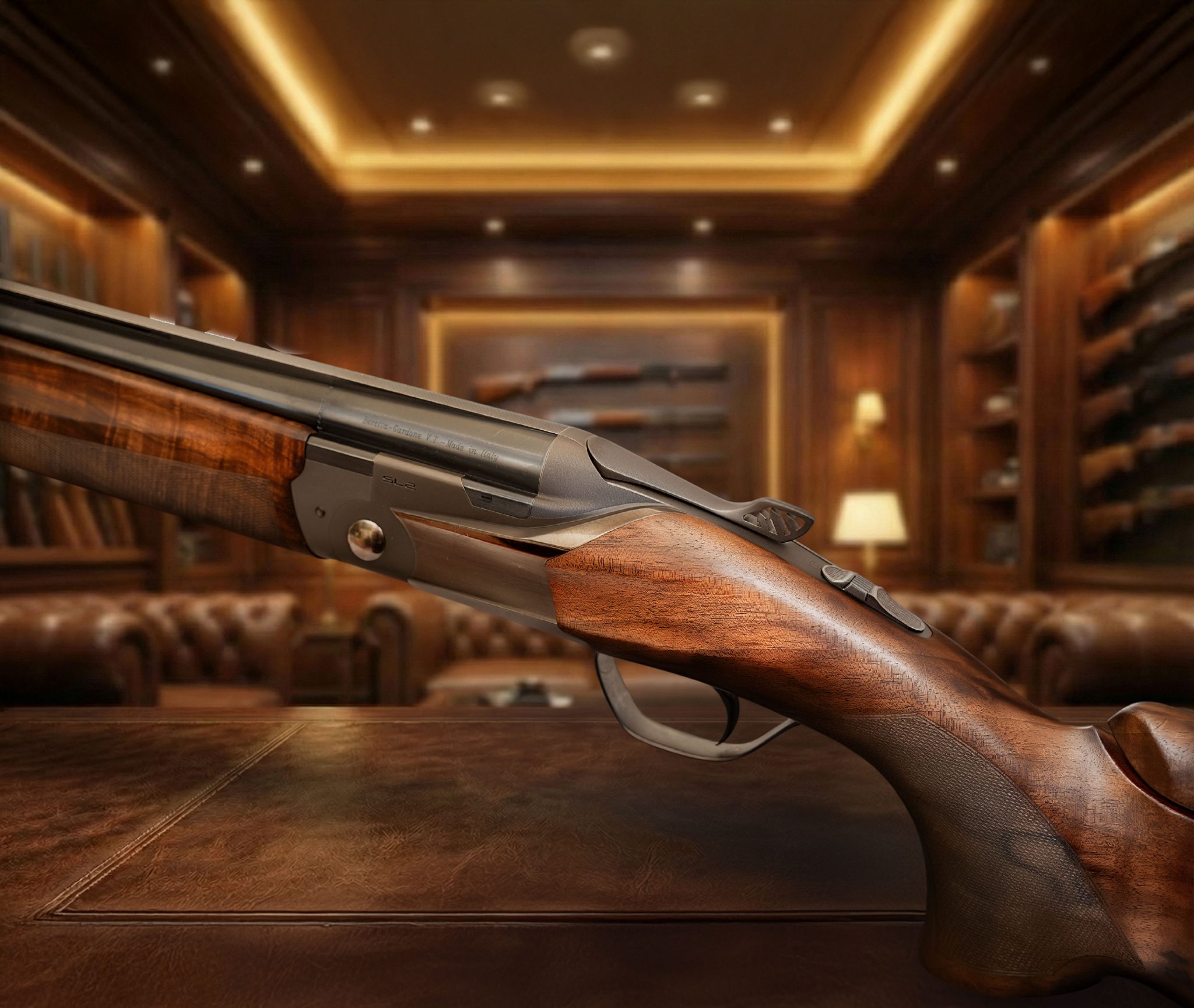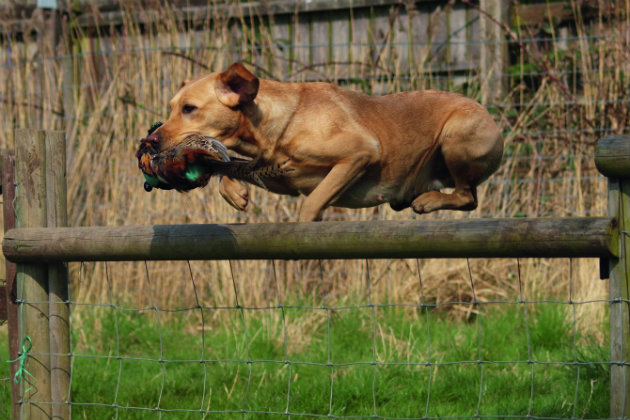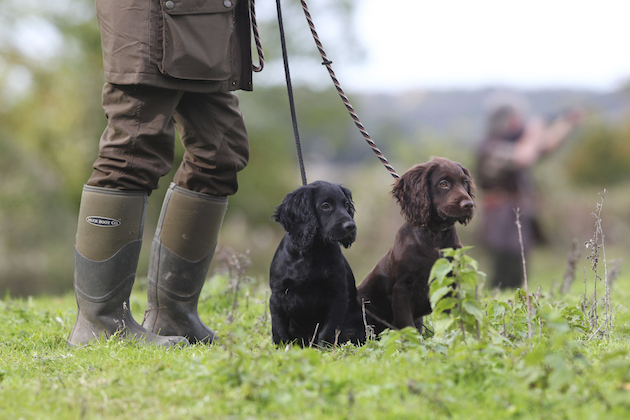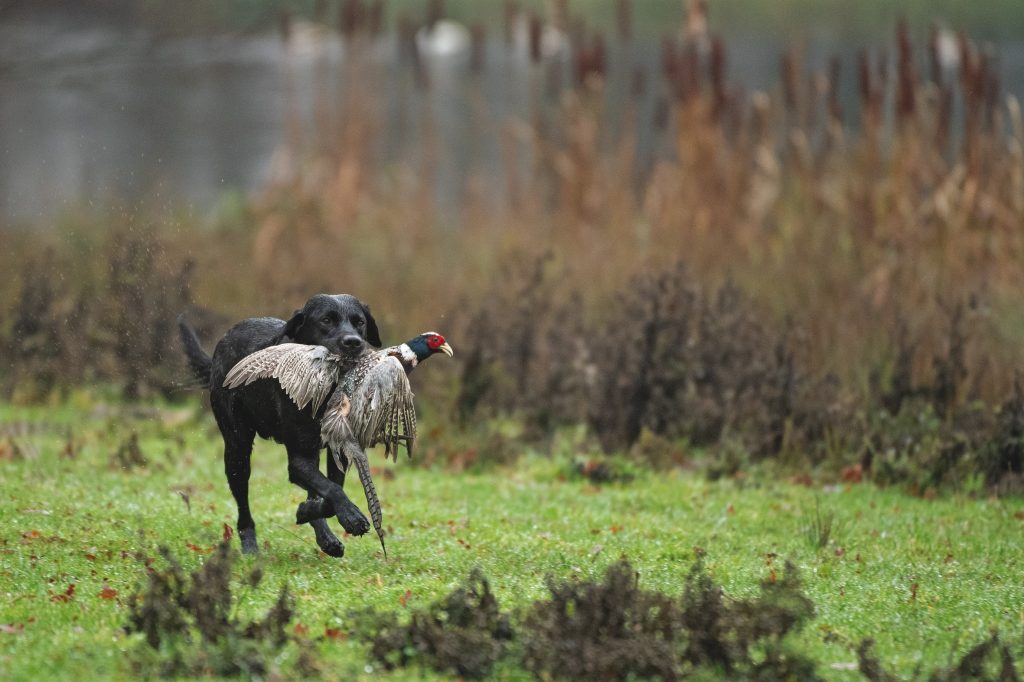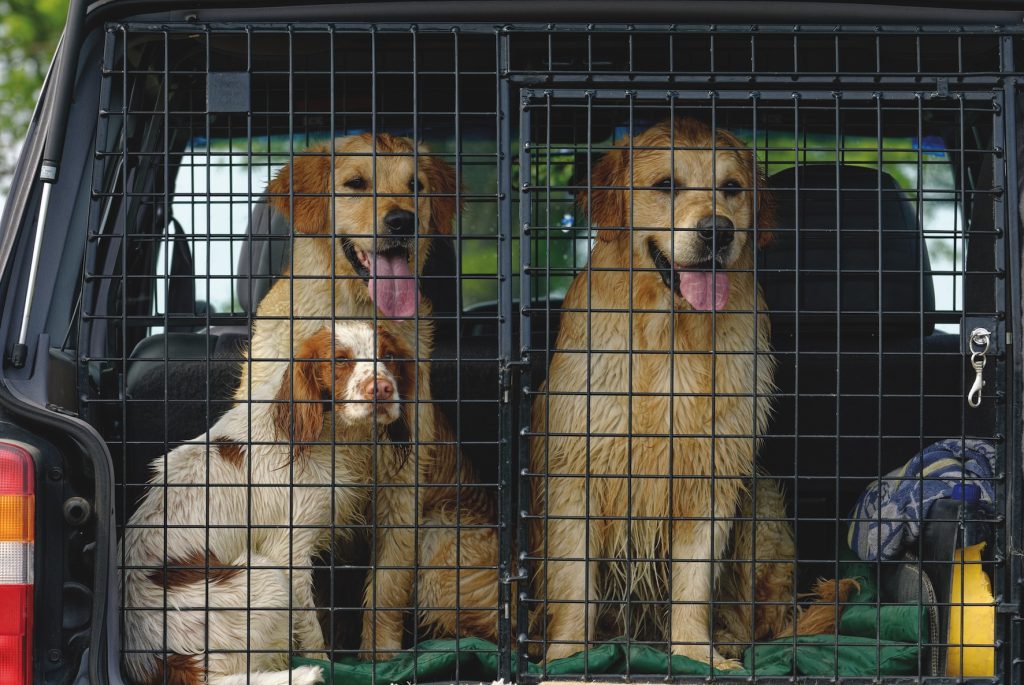It’s many years since the dangers of hip dysplasia in dogs were first recognised. The British Veterinary Association (BVA) and the…
The countdown is on for The British Shooting Show – book tickets online today and save on gate price!
Are DNA tests required for breeding gun dogs?

A: The advantage of DNA testing is that not only does it indicate if a dog is affected by an inherited disease but it also determines the likelihood of the dog passing on the disease to its offspring. Consequently it enables owners to make informed choices of suitable dogs to use to avoid breeding clinically affected puppies.
For most genetic diseases, both parents need to be affected for the puppy to show signs of the disease. If only one parent is affected the puppy will be a “carrier” of that disease. Usually carriers are clinically normal though they can still pass the disease on to their offspring. If both parents are “clear” then all puppies of that mating will be unaffected by the disease.
If your bitch comes from a “clear” line (in other words, there is suitable evidence that her immediate ancestors were clear), there is little point in testing for that particular disease since she will also be clear. As long as you mate her to a clear stud dog, there is no chance of passing the disease on to your puppies. If a DNA test indicates that your bitch is either affected or a carrier, ideally you need good reason to breed from her. Most people would avoid breeding from an affected dog, particularly in a numerically large breed like the Labrador.
If there is good reason to breed from a carrier, it should only be bred with a suitably tested stud dog shown to be clear of the disease. The accompanying table (below) shows the genetic status of puppies born of these various options and how, using DNA tests, it is possible to avoid breeding affected puppies. TB

Choosing a stud dog
Which are the most important qualities to look for when selecting your stud dog?
Related Articles
Get the latest news delivered direct to your door
Subscribe to Shooting Times & Country
Discover the ultimate companion for field sports enthusiasts with Shooting Times & Country Magazine, the UK’s leading weekly publication that has been at the forefront of shooting culture since 1882. Subscribers gain access to expert tips, comprehensive gear reviews, seasonal advice and a vibrant community of like-minded shooters.
Save on shop price when you subscribe with weekly issues featuring in-depth articles on gundog training, exclusive member offers and access to the digital back issue library. A Shooting Times & Country subscription is more than a magazine, don’t just read about the countryside; immerse yourself in its most authoritative and engaging publication.



